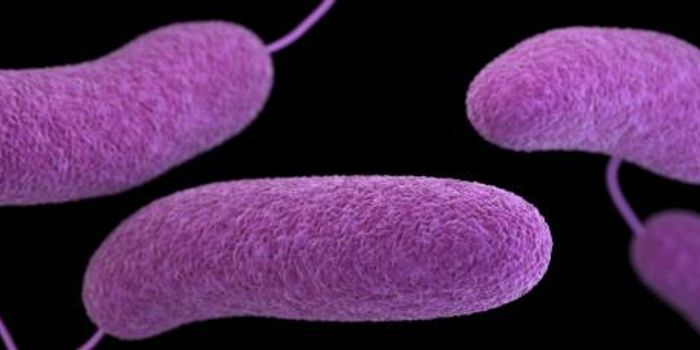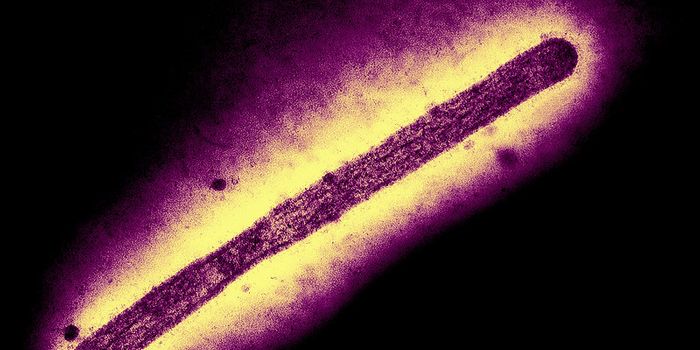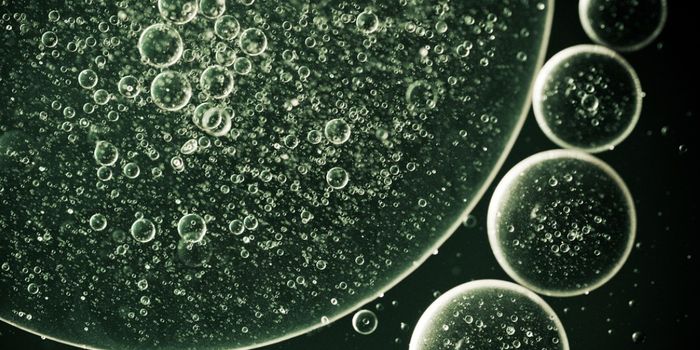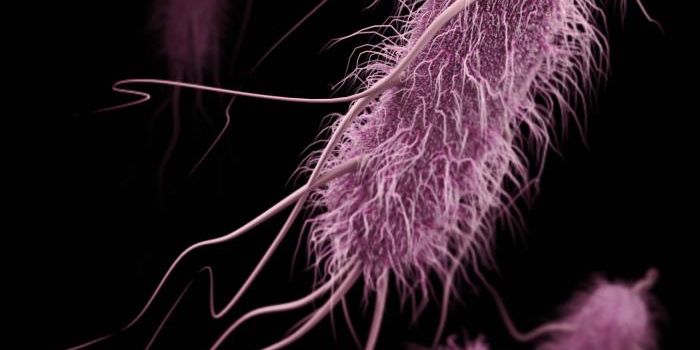Revealing the Helpful or Acne-Causing Microbes on Human Skin
Acne is a complex condition, and the biological processes underlying the formation of pimples are still not fully understood. It's thought that a buildup of oils and an excess of skin cell growth can clog pores, leading to pimples. Researchers also know that a few types of bacteria can live on human skin, and some of those microbes are commonly found in the oils that are present in clogged pores. But some of the bacteria that lives on skin can be helpful while other types are harmful. Inflammation may also be involved in acne formation.
Researchers have now learned more about a microbe called Cutibacterium acnes, which is typically found on healthy human skin. Genetic sequencing has suggested that different strains of C. acnes can lead to different outcomes for skin; some are harmful while others are beneficial.
Now, scientists have now determined that beneficial strains of C. acnes may be helping the skin defend against another microbe that has the potential to cause dangerous infections, Staphylococcus aureus. The findings have been reported in Microbiology Spectrum, a journal of the American Society for Microbiology.
"It is likely that C. acnes maintains skin health by inhibiting common pathogens like S. aureus from invading skin tissue," said lead study author Ayano Tsuru, a graduate student at Osaka City University.
In this research, the investigators looked to a commonly used research organism called Caenorhabditis elegans, which is a tiny nematode worm. Its body has a kind of membrane that can serve as a model for human skin. The researchers exposed the worms to various strains of C. acnes that were isolated from human skin samples.
Bacteria strains may be differentiated by ribosomal gene sequences, which can act as a kind of fingerprint for bacteria; markers in the ribosomal RNA may be used to classify strains of bacteria, by ribotypes. Two ribotypes of C. acnes (RT4, RT8) that were isolated from skin with acne shortened the worms' lifespans. Anther strain (RT6) that is typically present on the skin of people who don't have acne did not shorten the lifespan of the worms. The good C. acnes strain was also found to lengthened the lifespan of worms exposed to S. aureus compared to control.
Additional work revealed that the beneficial C. acnes strains were promoting the expression of the worms' immune defense genes. Gene expression studies suggested that the bacteria was encouraging innate immunity in the worms, and not disrupting the pathogenic microbe's growth, the researchers suggested.
The study authors are hopeful that this work will help scientists develop probiotics that can promote good skin health.
Sources: Osaka City University, Microbiology Spectrum









